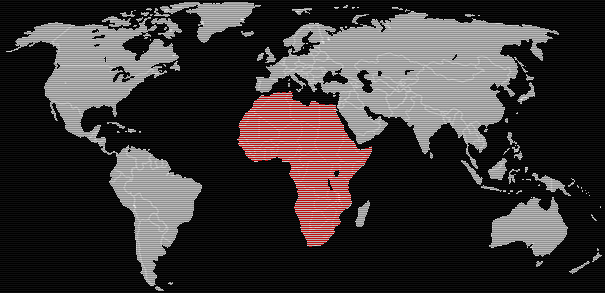Things You Should Know Before Launching Your Business In Africa


Should the summit yield fruits, we should expect to see more and more American entrepreneurs and companies move to the African markets and starting their companies. If this will be the case, then there are a couple of things, you as an investor should bear in mind before venturing into the motherland.
First and foremost, when it comes to doing business there is no such thing as “Africa.” Africa is a vast continent, made up of an incredibly rich range of cultures, economies and geographies. This may come as a surprise to some, but Africa is not one country, but a continent made up of over 50 different independent countries.
Chances are high that whatever expectations you have about Africa, are far from the reality. Considering that each country has a different government, different cultures and different work ethics. This is why it is very important that before you venture into Africa, you get to know as much as possible about the specific destination you want to invest in.
Don’t come to Africa with a one-size-fits-all mentality, each country is different and unique and requires a tailor-made approach. So today, Innov8tiv has endeavoured to give you some ‘heads up’ or ‘FYIs’ if you will, if you are thinking of investing in Africa. The following are some of the things you should do before coming to Africa:
Take your Time to Learn about the Specific Country
Again, emphasis on not having a one-size-fits-all mentality. Each country is unique and not just by name, but by climate, infrastructure, language, religion, currency strength, currency volatility, political incentives, governance, tolerance to unconventional sex orientation, etc.
A clever way to begin is through the official channels. Like the official legal and administrative representatives; they should be resourceful in talking you through the possible obstacles and ways to execute your business plans in that particular country. If you have any diplomatic experience in Africa or work for a multinational organization with local branches in Africa, finding the right people and places to get the right information should be easy.
You must also prepare for the fact that running your business in Africa over Skype may quite cut it. Prepare yourself for any eventuality, like having to relocate everything to Africa, in order to run your business effectively and efficiently, or perhaps travelling often to and fro.
Find the Right Local Partners
So you launched successfully in Africa, your business is doing well and maybe you decided to relocate to Africa. But you are not from Africa, you have families, friends and other responsibilities that might demand your attention back home. You will find yourself travelling back home now and then and when this happens you need a reliable and competent business partner on the ground in Africa.
Sure you could get a partner from your home country to run things while you are away. But hiring a local partner has the extra benefit of helping your business integrate better with the local community and the extra bonus of learning directly from a local community member.
Do your Calculations Right
Learning about a country is one thing, but developing a viable business plan with respect to expenses and cost of launching in that country is another. A good business plan should encompass both short term and long term goals. Since you will be doing business in a foreign country, your budget projections should be flexible to changes in currency exchange rates.
Sites like the Currencies Direct, should be in your browsers’ bookmark if not on ‘speed dial.’ It is highly likely that you will be trading in a country whose currency is volatile, and you don’t want a weak exchange rate eating up into your profit margin when sending your gains back home.



